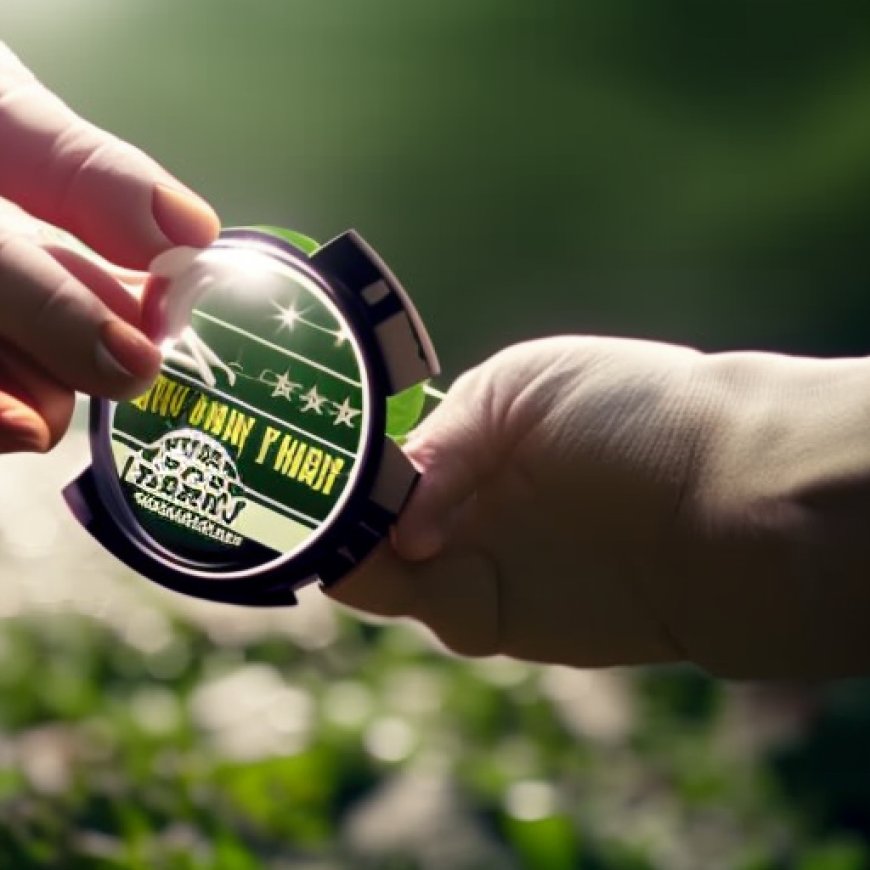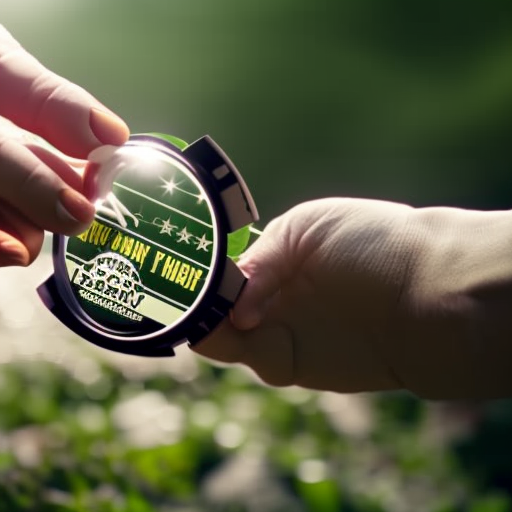Turning Waste Into Wealth, A Collaboration for Circular Economy – Impakter
Turning Waste Into Wealth, A Collaboration for Circular Economy Impakter


In a leap towards sustainable development and environmental stewardship, the Lagos State Government (Nigeria) and the Kingdom of Netherlands have come together. By signing a Memorandum of Understanding (MoU), their mission is clear: creating 4,000 jobs in waste management within the state. Let us dive into it.
What is the Lagos Circular Economy Hotspot(LCEH2023)?
The Waste-to-Health Initiative is a result of the economic cooperation between Lagos and The Netherlands, among others. The initiative, known as Hotspot 2023 (LCEH2023) Circular Economy, aims to accelerate the Greater Lagos agenda by addressing environmental challenges and opening up genuine opportunities.
The program serves as a platform for co-creation, and a transition of Lagos into a circular economy. Most notably, it is the first of its kind in Africa. Other hotspots are already planned to happen later this year in Europe and South America.
The Relationship Between Lagos and The Netherlands
Alongside this, the initiative also sets the tone for updating and modernising the 1992 investment agreement that both nations signed. With Nigeria being The Netherlands’ fifth trading partner in Africa, the agreement will create a more stable investment environment. Hanneke Schuiling, the vice-minister for Foreign Trade of the Kingdom of the Netherlands, said the Dutch government attaches importance to strengthening the bilateral economic relationship with Nigeria, its fifth trading partner in Africa.
“In this regard, we see a high potential in four areas in particular: agriculture, IT, healthcare and renewable energy.” Hanneke Schuiling, the vice-minister for Foreign Trade of the Kingdom of the Netherlands
The Benefits of the Waste-to-Wealth Initiative
The circular economy model involves sharing, leasing, reusing, repairing, refurbishing, and recycling materials, reducing waste generation, and promoting economic growth.
“We will create about 4,000 more jobs and make Lagos even a greater Mega City.”, said Governor Babajide Sanwo-Olu at the Summit
By transitioning to a circular economy, Lagos City will be able to address environmental challenges and create green job opportunities for its 20 million residents. The Waste-to-Health Initiative will also promote waste reduction, waste-to-wealth strategies, and waste-to-energy initiatives, leading to a cleaner and healthier Lagos.
Empowering The Next Generation
To promote a circular economy, Lagos has also launched the Circular Lagos program, collaborating with CEIP to increase circular economy services. This program benefits producers, consumers, and communities, while also addressing environmental challenges.
Moreover, initiatives like Watowe are training unemployed youths in recycling plastic and textile waste, generating green employment opportunities.
Current Initiatives and Successes in Waste to Wealth in Lagos
Over the years, Lagos has taken numerous waste management initiatives, such as LAWMA in 1991 and Lagos Recycle.
In recent times, the city has adopted an Adopt-A-Bin programme, which has seen happily welcomed. Alongside such efforts, have been initiatives to raise social awareness about environmental issues including summer school for students and sanitation advocacy.
Entrepreneurs have also taken it upon themselves to make a positive change in the local communities. In 2008, the Oko-baba Sawdust Waste to Health project was set up to reuse wood waste. The project supports Lagos sawmill workers and cuts greenhouse gas emissions for nearby residents
American returnee, Obi Charles Nnanna, has also recently built one of the biggest recycling plants in Lagos.
Challenges and Future Prospects
Despite these promising initiatives, Nigeria continues to face challenges. Some of these challenges include delays in implementing waste regulations and poor rubbish collection infrastructure.
Waste floating on top of Lagos Lagoon..Eko bridge side, Lagos Island and Makoko Yaba, Lagos river.
We need a strong law that will stop people from throwing waste into our rivers inSDGs, Targets, and Indicators
SDGs, Targets, and Indicators
SDG 8: Decent Work and Economic Growth
- Target 8.5: By 2030, achieve full and productive employment and decent work for all women and men, including for young people and persons with disabilities, and equal pay for work of equal value.
- Indicator 8.5.1: Average hourly earnings of female and male employees, by occupation, age, and persons with disabilities.
SDG 12: Responsible Consumption and Production
- Target 12.5: By 2030, substantially reduce waste generation through prevention, reduction, recycling, and reuse.
- Indicator 12.5.1: National recycling rate, tons of material recycled.
SDG 13: Climate Action
- Target 13.3: Improve education, awareness-raising, and human and institutional capacity on climate change mitigation, adaptation, impact reduction, and early warning.
- Indicator 13.3.1: Number of countries that have integrated mitigation, adaptation, impact reduction, and early warning measures into primary, secondary, and tertiary curricula.
SDGs Targets Indicators SDG 8: Decent Work and Economic Growth Target 8.5: By 2030, achieve full and productive employment and decent work for all women and men, including for young people and persons with disabilities, and equal pay for work of equal value. Indicator 8.5.1: Average hourly earnings of female and male employees, by occupation, age, and persons with disabilities. SDG 12: Responsible Consumption and Production Target 12.5: By 2030, substantially reduce waste generation through prevention, reduction, recycling, and reuse. Indicator 12.5.1: National recycling rate, tons of material recycled. SDG 13: Climate Action Target 13.3: Improve education, awareness-raising, and human and institutional capacity on climate change mitigation, adaptation, impact reduction, and early warning. Indicator 13.3.1: Number of countries that have integrated mitigation, adaptation, impact reduction, and early warning measures into primary, secondary, and tertiary curricula. Behold! This splendid article springs forth from the wellspring of knowledge, shaped by a wondrous proprietary AI technology that delved into a vast ocean of data, illuminating the path towards the Sustainable Development Goals. Remember that all rights are reserved by SDG Investors LLC, empowering us to champion progress together.
Source: impakter.com

Join us, as fellow seekers of change, on a transformative journey at https://sdgtalks.ai/welcome, where you can become a member and actively contribute to shaping a brighter future.







